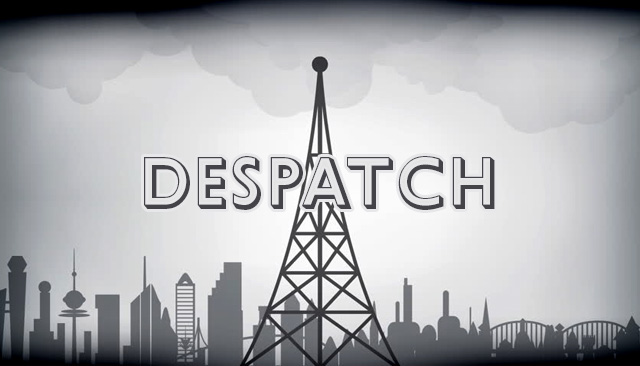It is not hard to pinpoint the time when customers became prey. For the energy sector that time was corporatisation, even before privatisation.
Things have got worse since, as evinced by the rollicking comments to yesterday’s story by Sandi Keane on energy retailers claiming the “savage dog” defence; not entering a premise to read the meter that is, then making an inflated estimate of household energy use.
“WE DON’T OWN A DOG,” wrote one reader, George, who went on to explain the “phantom dog concerns” of the electricity provider and his subsequent tussle with the Ombudsman. Other respondents reported snake concerns due to long grass and the perils of a cow in the paddock.
The irony is that while “subbie” meter readers might be struggling to make a living, cost is no issue for the big energy companies; the more they spend, the more revenue they make and the more bonuses there are for executives.
The perverse way in which the “regulated returns” are structured in this industry is that the utilities go to the regulator and ask for price rises in every regulatory period on the basis their costs are going up and they must spend more on their networks. The bigger their “regulated asset base”, the bigger their revenue (approved by the regulators), the bigger their customers’ power bills.
These “network costs” have been the main culprit in the 140 per cent energy price spiral over the past seven years; not the carbon tax, not the wholesale cost of generation (the coal, or the renewables). More than half the price rise is down to network spending, or “gold plating”. And gas prices (an electricity input) have risen even more, putting further pressure on electricity prices.
As power bills swell, so do the fortunes of power companies and billionaires
Figures from the Australian Bureau of Statistics figures show show electricity companies have bolstered the number of managers in the sector over the past 20 years from nearly 2500 to 8500 people. The number of people in sales – battling to rip market share off their rivals as prices rise – increased from 607 people to 3008.
Michael West established Michael West Media in 2016 to focus on journalism of high public interest, particularly the rising power of corporations over democracy. West was formerly a journalist and editor with Fairfax newspapers, a columnist for News Corp and even, once, a stockbroker.

